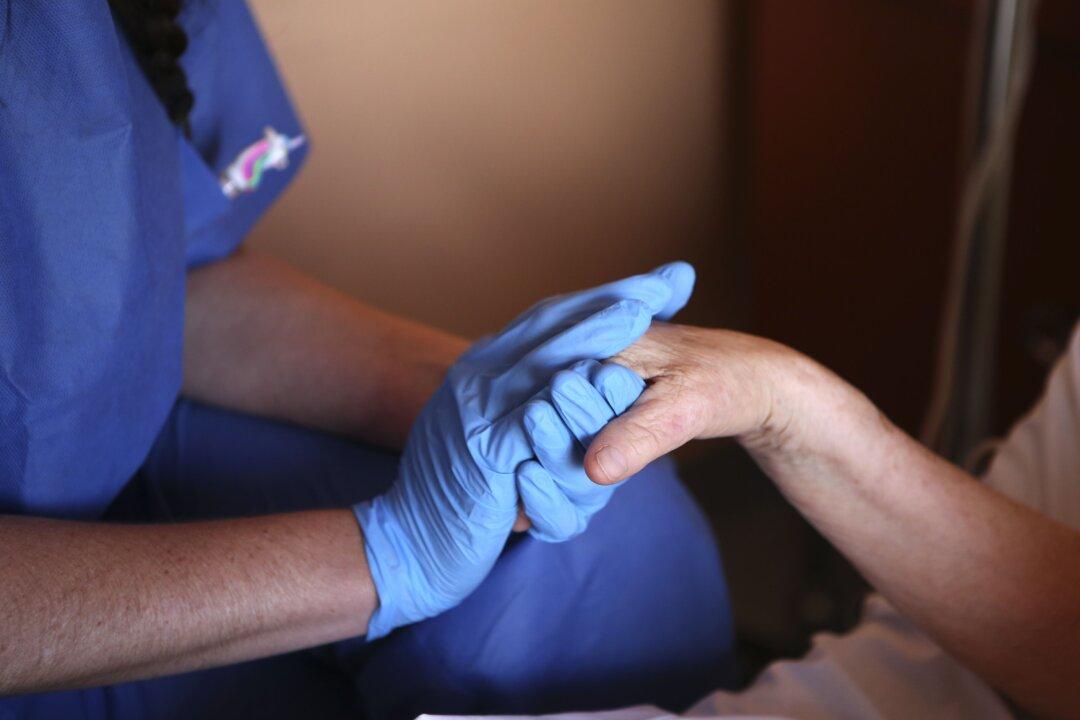Commentary
In 2021, Parliament set up a special committee of MPs and senators to study the issue of “medical assistance in dying” (or MAiD) and to make recommendations to Parliament. The Special Joint Committee on Medical Assistance in Dying released its “Choices for Canadians” report on Feb. 15.




